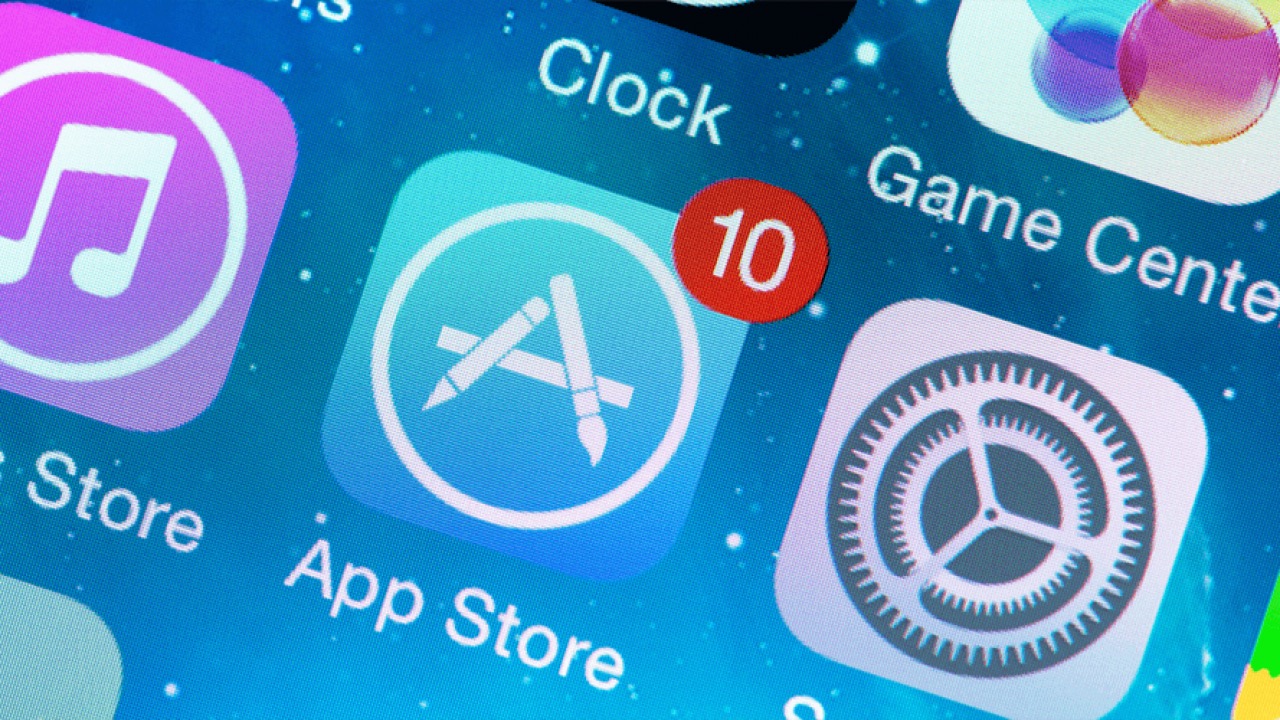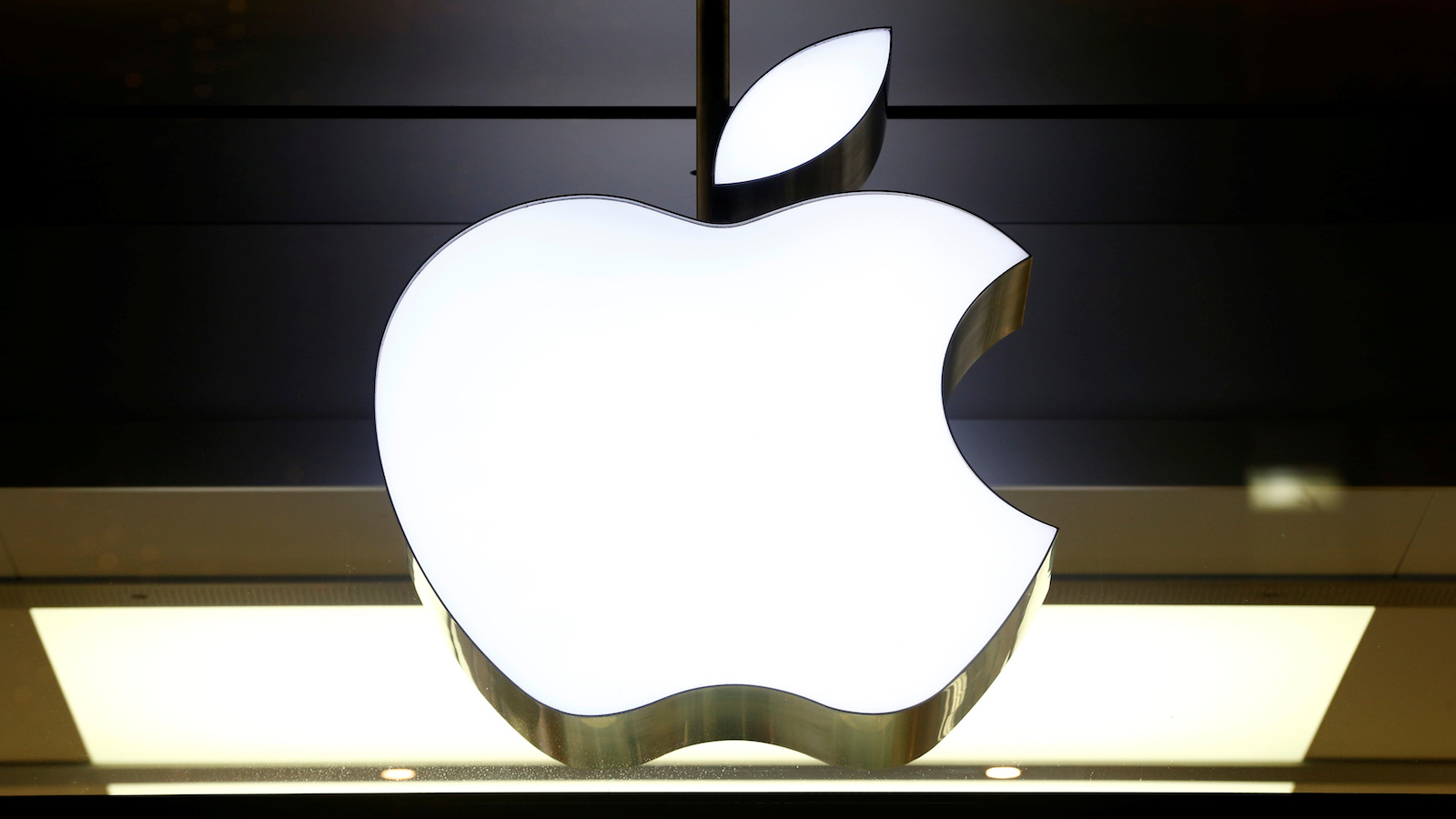EU says Apple App Store broke competition rules
EC publishes preliminary view on App Store practices

The European Union (EU) has told Apple that it considers its App Store practices break European competition law and could increase prices for consumers, citing the music streaming market as an example.
Since its launch in 2008, the App Store has been the only way for developers to distribute software on the iPhone and iPad and to be listed, developers must submit their applications to Apple for review and agree to its terms.
This approval system means Apple ultimately has the final say over which applications can be used on iOS, while developers are obliged to pay 30% commission on the sales of apps and add-ons such as in-game currency or subscriptions.
- Compare the best SIM only deals
- See the cheapest mobile phone deals in one place
- Check out the best business broadband deals
EU App Store investigation
Several developers have voiced their frustration at these practices, and the European Commission (EC) launched its investigation last year following a complaint by Spotify.
In a ‘statement of objections’, the EC told Apple that its preliminary view was that Apple distorted competition in the streaming market by requiring developers to use its in-app-purchase mechanism and imposing restrictions on app developers’ ability to inform users of cheaper purchasing policies.
“App stores play a central role in today's digital economy. We can now do our shopping, access news, music or movies via apps instead of visiting websites,” said Executive Vice-President Margrethe Vestager, who is in charge of competition policy.
“Our preliminary finding is that Apple is a gatekeeper to users of iPhones and iPads via the App Store. With Apple Music, Apple also competes with music streaming providers. By setting strict rules on the App store that disadvantage competing music streaming services, Apple deprives users of cheaper music streaming choices and distorts competition. This is done by charging high commission fees on each transaction in the App store for rivals and by forbidding them from informing their customers of alternative subscription options.”
Are you a pro? Subscribe to our newsletter
Sign up to the TechRadar Pro newsletter to get all the top news, opinion, features and guidance your business needs to succeed!
Apple will now have an opportunity to respond to the claims, and its defence will focus on Spotify’s large subscriber base, the numerous sales and distribution channels at its disposal and the fact that it has embarked on large, high-profile marketing campaigns to inform users of its offers.

"Spotify has become the largest music subscription service in the world, and we’re proud for the role we played in that,” an Apple spokesperson told TechRadar Pro. “Spotify does not pay Apple any commission on over 99% of their subscribers, and only pays a 15% commission on those remaining subscribers that they acquired through the App Store.
“At the core of this case is Spotify’s demand they should be able to advertise alternative deals on their iOS app, a practice that no store in the world allows. Once again, they want all the benefits of the App Store but don’t think they should have to pay anything for that. The Commission’s argument on Spotify’s behalf is the opposite of fair competition.”
However, the row is likely to have ramifications beyond music. Competition regulators around the world, including the UK and US, have opened investigations into Apple following complaints by developers of all manner of applications.
Fortnite has been unavailable on the App Store since late last year after Epic Games tried to bypass Apple’s in-app purchase system and the two companies are now engaged in a legal battle.
Google Play has also received attention, but unlike iOS, Android does allow third-party marketplaces on its platform.
- Here are the best iPhone deals
Steve McCaskill is TechRadar Pro's resident mobile industry expert, covering all aspects of the UK and global news, from operators to service providers and everything in between. He is a former editor of Silicon UK and journalist with over a decade's experience in the technology industry, writing about technology, in particular, telecoms, mobile and sports tech, sports, video games and media.